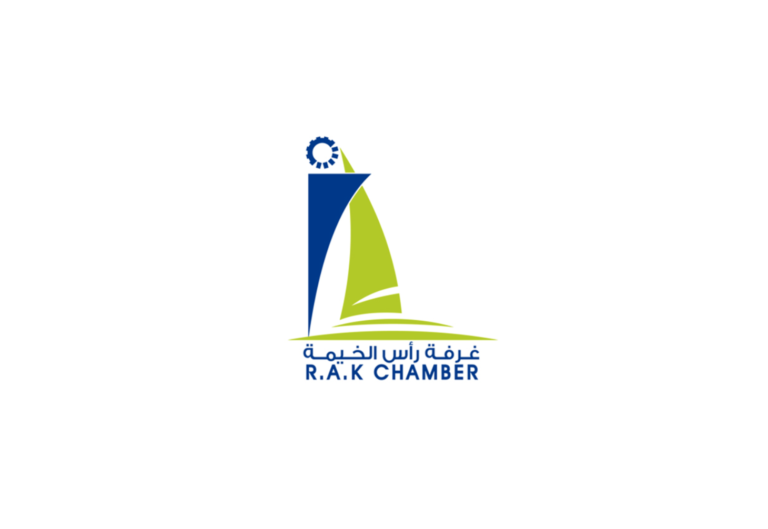The results reflect the emirate’s position as a supportive environment for growth
Mohammed Hassan Alsabab, Director-General of the Ras Al Khaimah (RAK) Chamber, asserted to Al-Bayan Al-Iqtisadi that economic diversification, coupled with investment facilities and incentives in Ras Al Khaimah, has helped the Chamber’s members grow, all while attracting large companies to invest in various fields.
Alsabab revealed that the RAK Chamber had issued a total of 6,697 new certificates of origin during the first quarter of this year, while the value of goods exported from the Emirate of Ras Al Khaimah under these certificates amounted to nearly AED1.6 billion. The estimated size of the workforce at the end of the first quarter of 2019 was 1,183 workers, he explained, adding that the estimated capital earmarked for new investments in the same period amounted to AED330.605 million, not including the capital for 67 free-zone establishments and 38 branches of establishments inside and outside the emirate.
The Director-General revealed that RAK Chamber registered 495 new establishments in Q1 2019, marking a 23.4% growth compared to the same period of 2018. These included 67 free-zone establishments and 38 new branches inside and outside of RAK. The Chamber’s members totalled 35,867 by the end of Q1 2019, a 1.4% increase from the 2018 count of 35,372. Meanwhile, the number of renewed licenses by end of Q1 2019 reached 23,409.
Successful Plans
“The results of the first quarter of 2019 reflect the success of our plans and the forward-thinking vision to facilitate doing business for investors and businessmen, establishing Ras Al Khaimah as an ideal environment for economic growth by forging partnerships with entities around the world, which, in turn, reflects positively on the economy of the emirate and the UAE in general,” Alsabab said.
Establishments that were registered in the Chamber in Q1 2019, he pointed out, were sorted in accordance with the level of their membership and their capital: The Chamber reported 3,179 registered companies (accounting for 8.9%) were classed as “special”, while 1,441 establishments (4%) were classed as “excellent”. “First class” included 3,880 companies (10.8%), while “second class” accounted for the bulk of registered establishments with 13,639, accounting for 38%. “Third class”, meanwhile, accounted for 34.3% with 12,293 companies, whereas “fourth class” accounted for 4% with 1,435 establishments.
“Individual establishments” accounted for the largest segment of registered licenses with the Chamber: 62.8% with 22,532 licenses issued before the end of 2019. Meanwhile, Limited Liability Companies accounted for 23.7% with 8,501 establishments, whereas the share of citizen service sponsor reached 10.34% with 3,711 companies.
Fifteen Sectors
Adding up the total number of establishments in the various sectors usually exceeds the total number of registered establishments, seeing as companies can register under more than one activity. The companies were classified into 15 sectors according to the Standard International Standard Economic Classification. The trade and repair services sector made up the majority of establishments registered with the Chamber by the end of the first quarter of 2019, accounting for 44% with 23,468 establishments.
The construction sector ranked second in terms of number of licenses, with 10,115 (or 19%), followed by the manufacturing sector in third place with 6,200 establishments at 12%. Real estate, leasing and business services came fourth with 8% and 4,177 companies, followed by the community sector with 3,155 (6%); then the hotel and restaurant sector at 6% with a total of 3,073 establishments; followed by the transport, storage, and communications sector with a total of 2,032 establishments (4%). Meanwhile, the remaining establishments were distributed along sectors including: Health and social work; finance; education; electricity, water, and gas; mining and of natural resources; agriculture; fisheries; international organisations and bodies.
Geographic Distribution
Registered businesses were also distributed along the various geographic areas of RAK, where Nakheel housed the largest number of establishments in the emirate with 7,927 (or 22%), followed by Ras Al Khaimah region with 4,843 (14%), then Al Jazirah Al Hamra with 2,422 (7%), and Al Qusaidat with 2,044 establishments (6.8%). Meanwhile, Julfar was home to 1,699 companies; Al Mairid hosted 1,659; Al Mamourah had 1,378; Al Rams 1,319; Al Dakdaka had 940 establishments; Al Khazzan had 928 companies, Al Ghail 882, and Dahhan 877, among others.
Establishment Certificates
For her part, Rajaa Mohammed bin Juma, Acting Director of Studies and Commercial Cooperation, pointed out that the certificates of establishment issued by the Chamber during the first quarter of this year amounted to 6,697 certificates, most of which were issued in March (2,429 certificates). Saudi Arabia acquired 1,499 certificates in Q1 2019, worth AED256 million; followed by Oman with 641 certificates valued at AED90 million; then the UAE with 500 certificates worth AED113 million; and Iraq with 419 certificates valued at AED94 million. The remaining certificates were issued to 122 different countries.
Capital
The estimated capital earmarked for new investments in the first quarter of 2019 amounted to AED330.605 million, not including the capital of 67 free-zone establishments and 38 branches of establishments inside and outside the emirate. Investors were distributed along 42 nationalities from around the world, according to new membership statistics for Q1 2019, with investments from Bangladesh and India leading the way, followed by Pakistan, Egypt, Syria, Jordan, Canada, Sudan, and the United Kingdom, among others.
Source: Translated from Albayan Newspaper


 Heart Of RAK
Heart Of RAK



